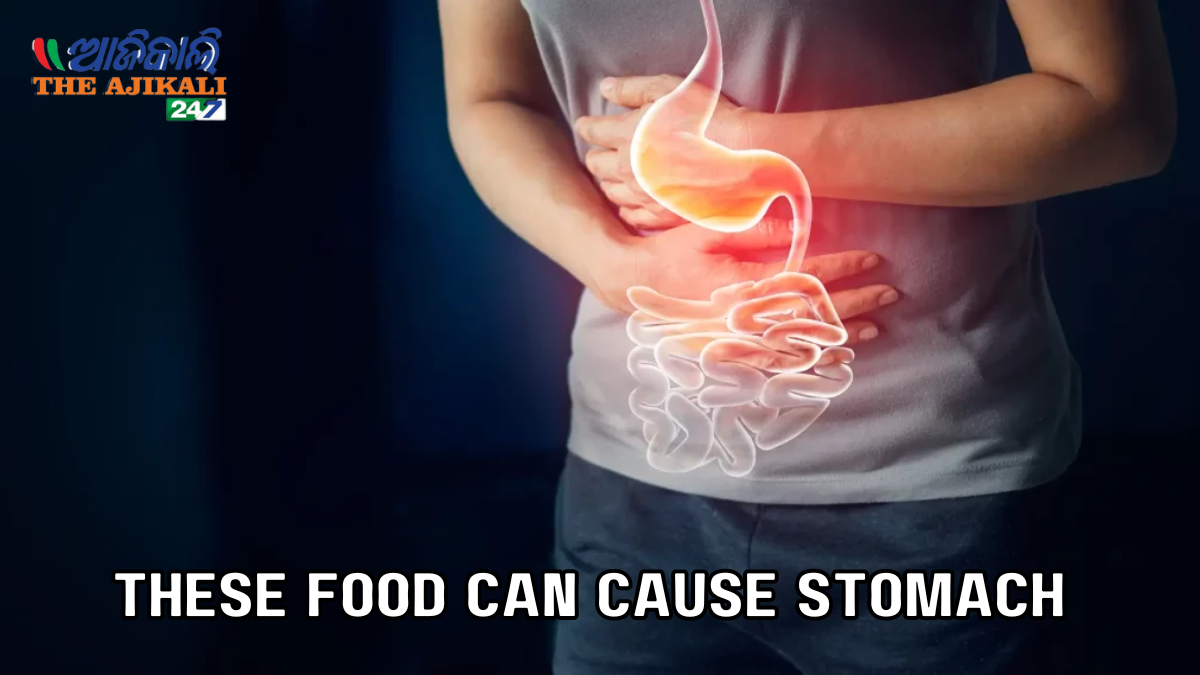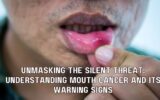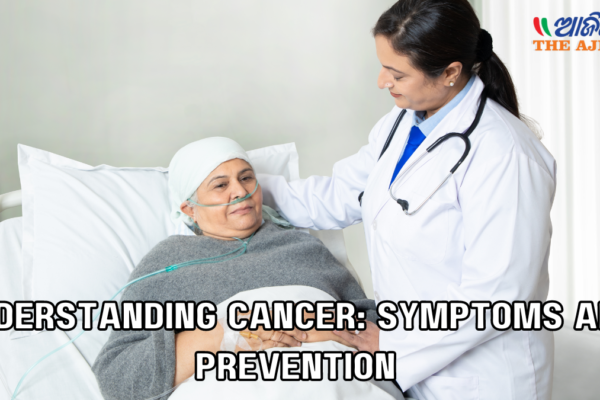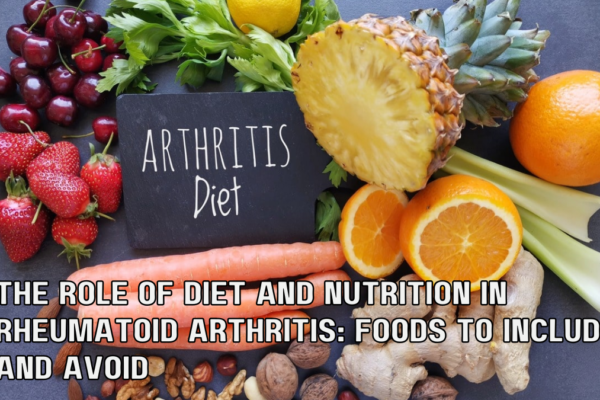Introduction:
When it comes to our health, the old adage “you are what you eat” holds a significant truth. While we often focus on foods that promote health and wellness, it is equally crucial to be aware of foods that can potentially harm us. One such concern is the risk of stomach cancer, which has been linked to certain dietary habits and specific foods. In this blog, we’ll explore some foods and dietary practices that have been associated with an increased risk of stomach cancer and provide tips on how to protect yourself.
Understanding Stomach Cancer:
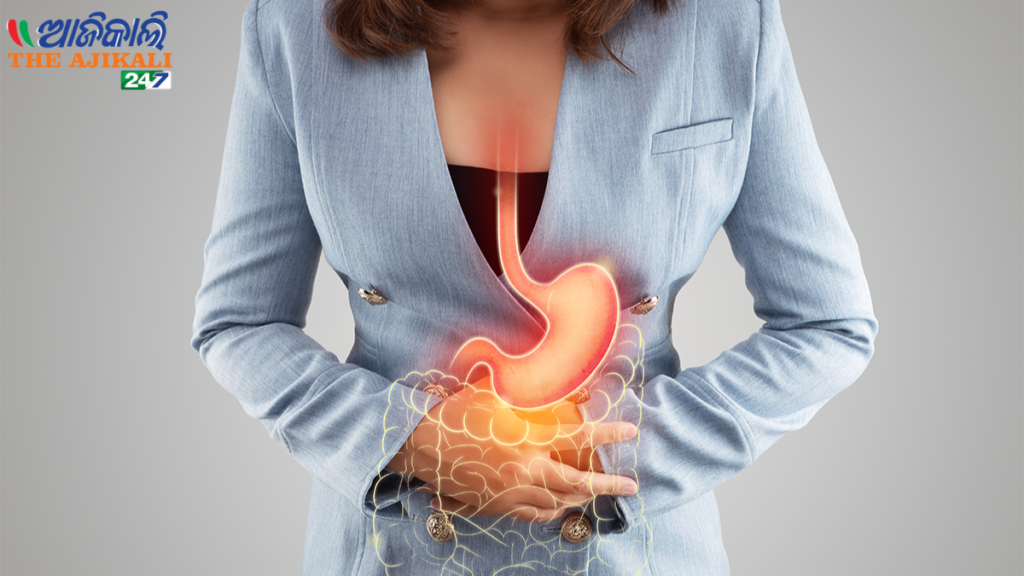
Stomach cancer, also known as gastric cancer, is a condition where malignant cells form in the lining of the stomach. It is the fifth most common cancer worldwide and the third leading cause of cancer-related deaths. While the exact cause of stomach cancer is not fully understood, several risk factors have been identified, including genetics, Helicobacter pylori infection, smoking, and dietary habits.
Foods Linked to Stomach Cancer:
1. Processed Meats-
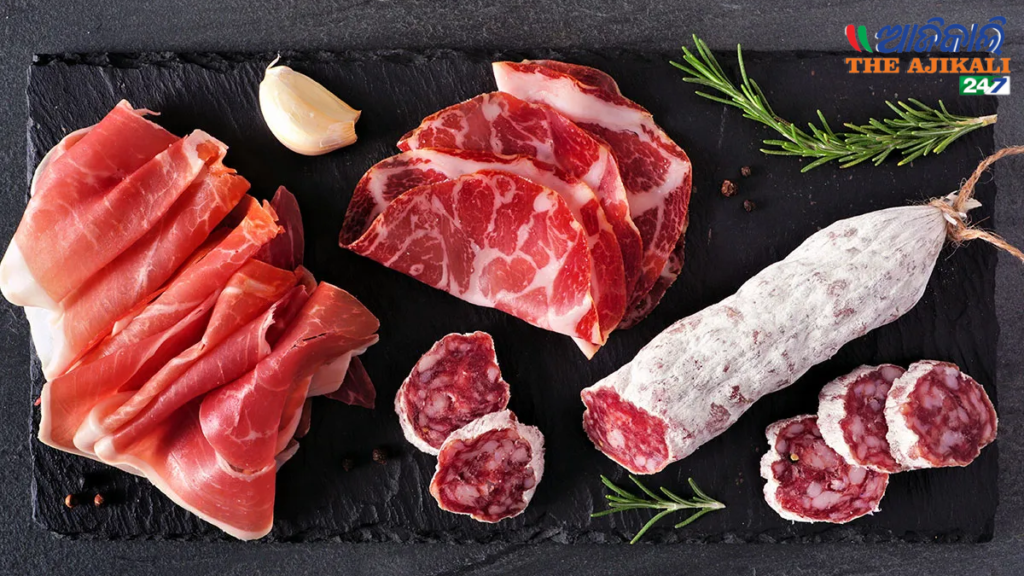
Processed meats, such as sausages, bacon, ham, and hot dogs, have been classified as carcinogenic to humans by the World Health Organization (WHO). These meats often contain nitrates and nitrites, preservatives that can convert into cancer-causing compounds in the stomach. Regular consumption of processed meats has been associated with an increased risk of stomach cancer.
2. Smoked and Pickled Foods-
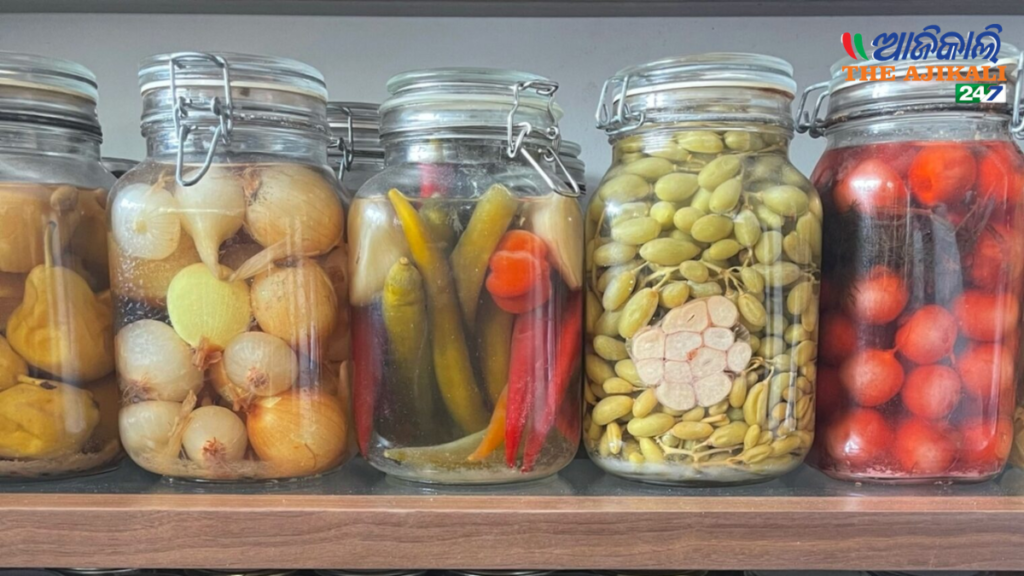
Foods that are smoked or pickled are common in many traditional diets. However, the smoking process introduces harmful chemicals called polycyclic aromatic hydrocarbons (PAHs), and pickling involves high levels of salt. Both of these methods can damage the stomach lining and increase the risk of cancer. Examples include smoked fish, pickled vegetables, and certain fermented foods.
3. Salt-Preserved Foods-

Diets high in salt-preserved foods, such as salted fish, salted meat, and certain traditional salted vegetables, can lead to chronic inflammation of the stomach lining. This inflammation can increase the risk of developing stomach cancer over time. High salt intake also promotes the growth of H. pylori, a bacteria linked to stomach ulcers and cancer.
4. Red Meat-
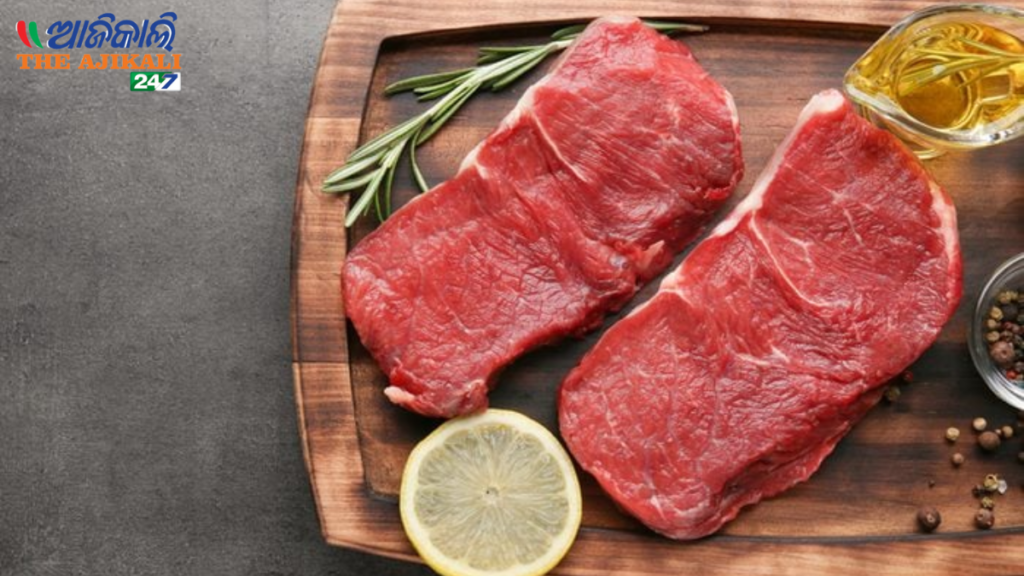
While red meat itself is not classified as a carcinogen, high consumption has been associated with an increased risk of several types of cancer, including stomach cancer. Cooking red meat at high temperatures, such as grilling or barbecuing, can produce carcinogenic substances like heterocyclic amines (HCAs) and PAHs.
5. Alcohol-

Excessive alcohol consumption can damage the stomach lining and increase the risk of gastric cancer. Alcohol also enhances the carcinogenic effects of other substances, such as tobacco. Moderate to heavy drinkers should be particularly cautious, as their risk of developing stomach cancer is significantly higher.
How to Reduce Your Risk:
1. Eat a Balanced Diet-
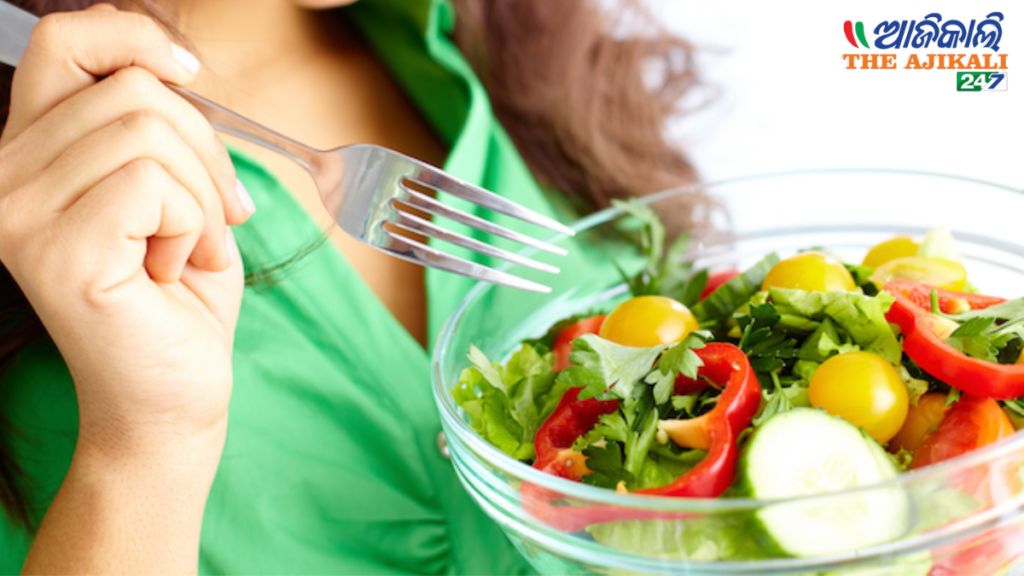
Focus on a diet rich in fruits, vegetables, whole grains, and lean proteins. These foods contain essential nutrients and antioxidants that can protect your stomach lining and reduce inflammation.
2. Limit Processed and Red Meats-
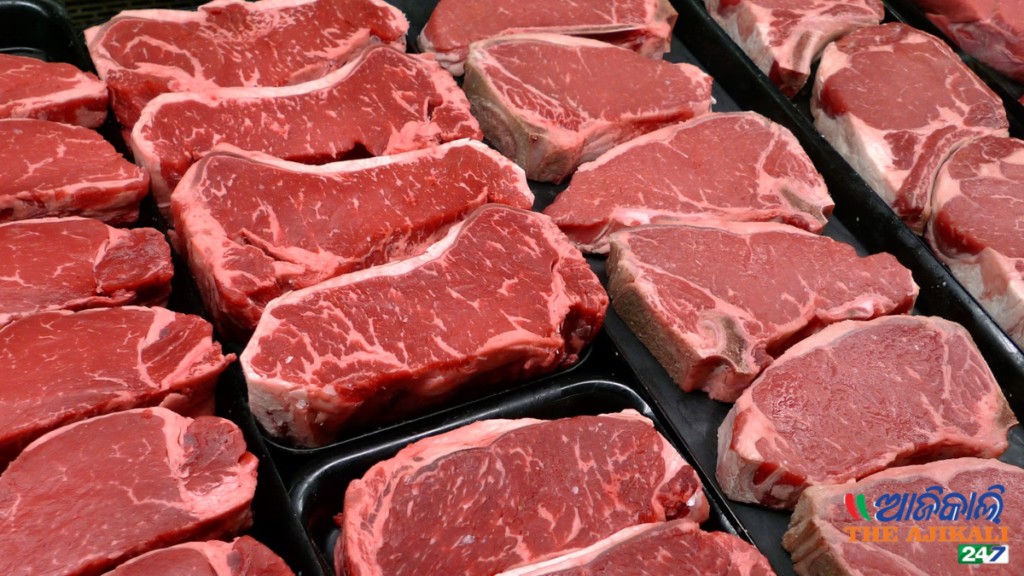
Try to limit your intake of processed and red meats. Opt for leaner proteins like poultry, fish, beans, and legumes. When you do consume red meat, cook it at lower temperatures to reduce the formation of harmful compounds.
3. Reduce Salt Intake-
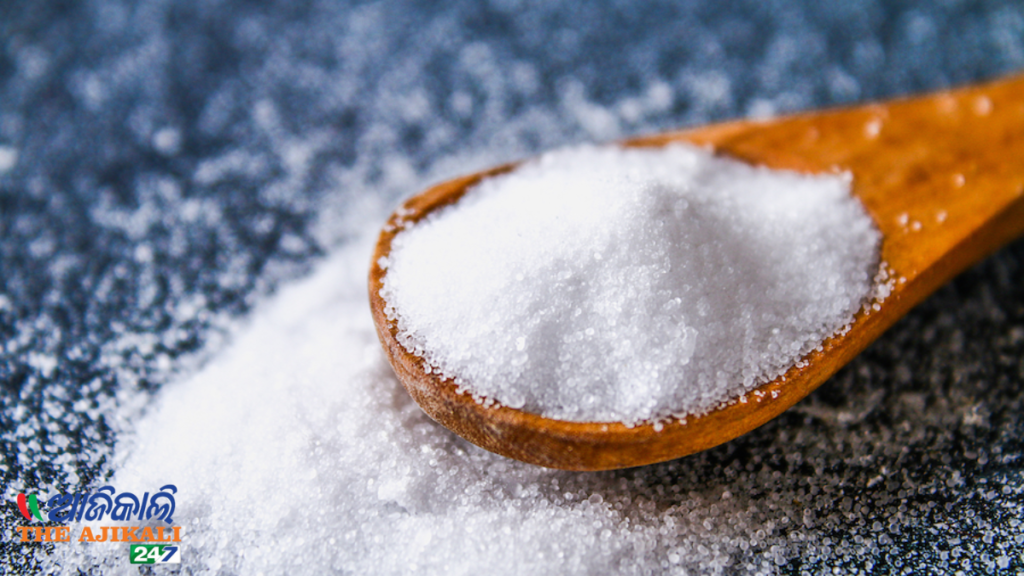
Minimize your consumption of salt-preserved and pickled foods. Use herbs and spices to flavor your meals instead of relying on salt. Be mindful of the sodium content in processed and packaged foods.
4. Moderate Alcohol Consumption-

If you drink alcohol, do so in moderation. The American Cancer Society recommends no more than one drink per day for women and two drinks per day for men.
5. Avoid Smoking-

Smoking is a major risk factor for many cancers, including stomach cancer. Quitting smoking can significantly reduce your risk and improve your overall health.
6. Regular Check-Ups-
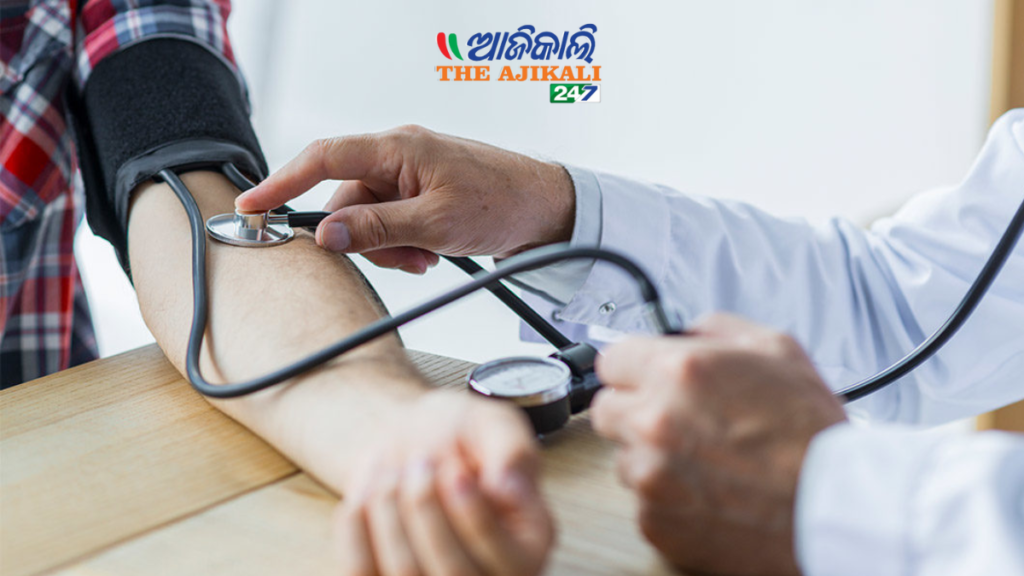
Regular medical check-ups and screenings can help detect early signs of stomach cancer, especially if you have a family history or other risk factors. Discuss with your healthcare provider about the appropriate screenings for you.
Conclusion:
Being mindful of your dietary choices is a crucial step in reducing your risk of stomach cancer. By limiting the consumption of processed meats, smoked and pickled foods, salt-preserved foods, red meat, and alcohol, you can protect your stomach health and overall well-being. Remember, a balanced diet rich in fruits, vegetables, and lean proteins is your best defense against many forms of cancer. Stay informed, make wise choices, and take proactive steps to maintain a healthy lifestyle.

